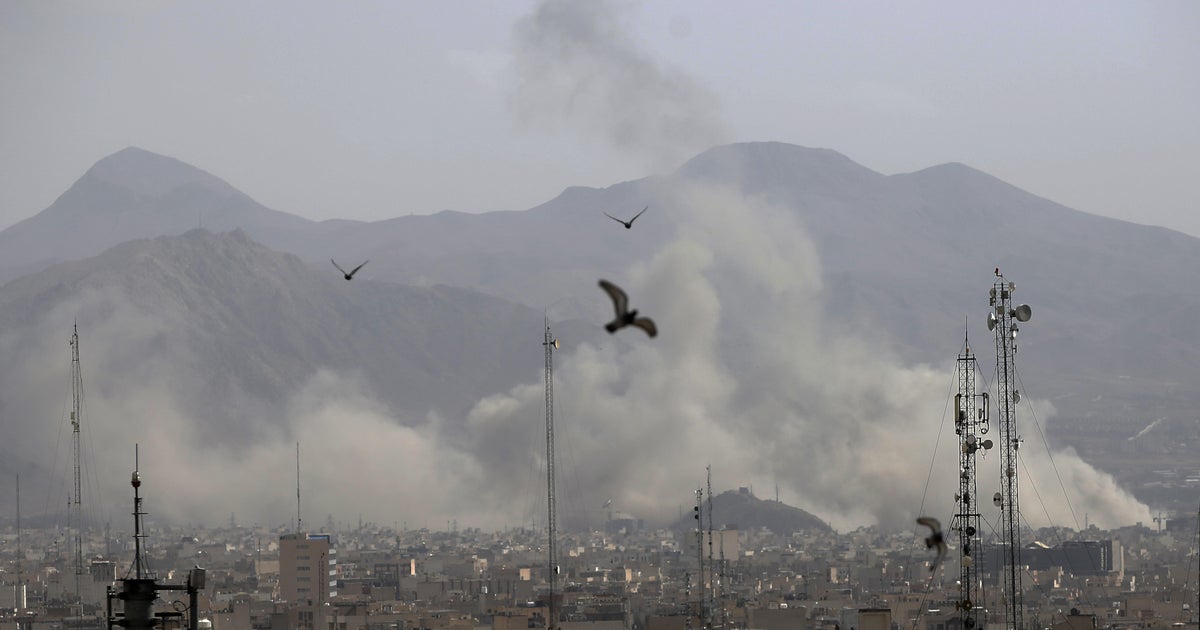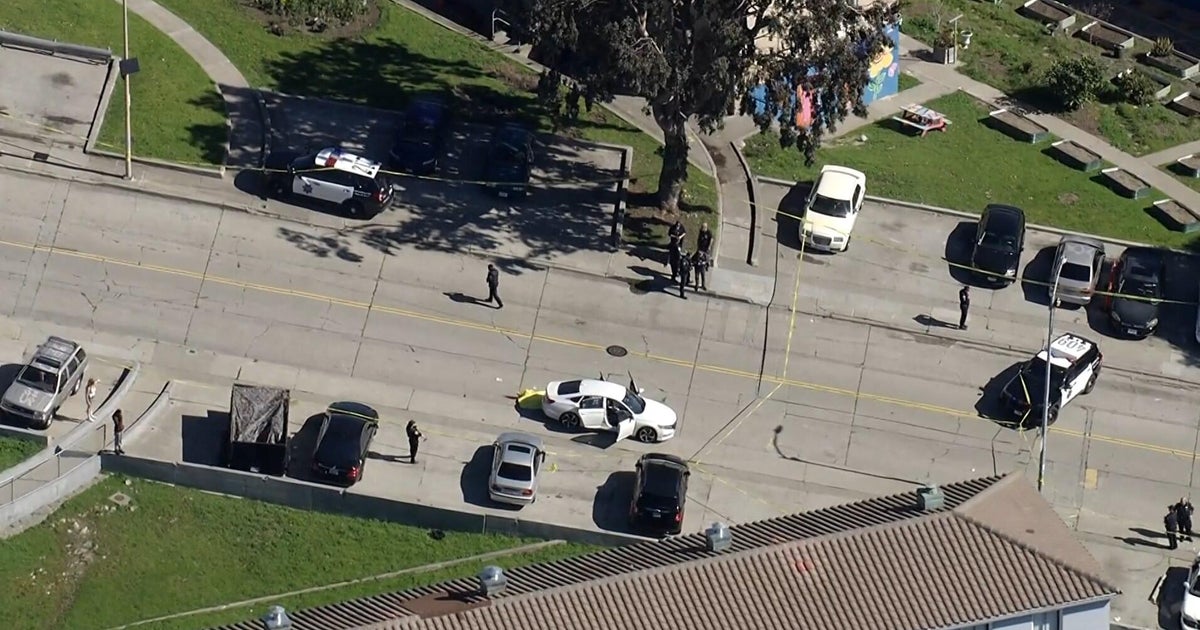Fears of eroding democracy in Eastern Europe as Poland's government pushes for a coronavirus election
While the world battles the coronavirus pandemic, there are concerns that some world leaders are exploiting the crisis for political gain. Despite the outbreak and lockdown in the country, Poland's ruling Law and Justice Party (PiS) plans to go ahead with the presidential election set to take place on May 10.
Since the COVID-19 outbreak reached Europe, social activity has been restricted in Poland even more than in many other European countries. With the military's assistance, police patrol the streets and shout through loudspeakers ordering people to go home. Even walks in the parks and forests are forbidden. Citizens are obliged to use a cell phone app and take "selfies" to prove they're adhering to the rules of the national lockdown.
According to data compiled by Johns Hopkins University, Poland has confirmed at least 7,771 cases and 292 deaths from the virus. Experts say Poland's health care system could collapse if things get much worse, given medical supply shortages and years of "brain drain" that has seen trained nurses and doctors relocate to Western European countries for higher incomes.
All that may suggest it's a bad time to try and hold free, fair, democratic elections.
A vote in May could increase President Andrzej Duda's chances of re-election, as he's currently leading in the polls. A delay, on the other hand, could have a negative impact on his campaign, depending on how the coronavirus crisis plays out in the country, and would at least give his opponents time to get out and campaign.
But the PiS party is pushing an amendment to the national electoral code that would allow the election to take place entirely by mail. Party leader Jarosław Kaczyński, a close ally of Duda, says the amendment would eliminate the risk of anyone contracting the virus as a result of the election. Until now, voting by mail has only been allowed for people with disabilities.
Opposition parties in the Sejm, the lower house of Poland's parliament, have condemned the plan and demanded the election be postponed. Sticking to the initial date, and requiring millions of people to line up in front of specially built postboxes to deposit ballots, would inevitably lead to more infections, they argue. They also say holding an election during a lockdown can't be considered fair, as opposition candidates wouldn't be allowed to go out to campaign.
In part to help ease those concerns and facilitate its plan to forge ahead with the postal vote, the PiS-controlled government announced this week that the social distancing and lockdown restrictions would start to ease after April 20.
The opposition may be able to delay, but is unlikely to succeed in blocking the change in the electoral laws. That's due to the fact that PiS controls the lower house of parliament and can fast-track the legislation straight to Duda's desk. Judicial reforms ushered in five years ago,which largely ended the Polish courts' independence from the government, make any successful legal challenges equally unlikely.
Calls for a delay
Professor Małgorzata Bonikowska, president of the Warsaw-based Center for International Relations, told CBS News that given the circumstances, the whole election process "should be stopped."
"We, the citizens, are concentrated on something else. The logical consequence would be to postpone the elections — not because it's not possible to vote, but because we need a proper presentation of the other candidates, if this is a democracy."
Recent polls suggest turnout would be extremely low. About three quarters of Poles are opposed to the election going ahead, and calls for a boycott are mounting.
Opposition candidate Małgorzata Kidawa-Blonska, of the liberal-conservative Civic Coalition (KO), issued a call for a boycott of the May 10 elections shortly after the Sejm voted to amend the law.
Wojciech Przybylski, political analyst and head of the think-tank Visegrad Insight told CBS News that in his view, "it is logistically impossible to hold an election on May 10," given the extremely short period left to plan a new way of voting and the risks of holding any vote amid a health crisis.
"An excuse for autocrats"
To many observers, the battle over Poland's election carries echoes of attempts to strong-arm democratic processes nearby.
In March, Hungary's parliament gave Prime Minister Viktor Orban incredible new powers to fight the coronavirus epidemic in his country. He can now govern by decree, without any time limit and, if he deems it necessary, without parliamentary intervention.
That emergency law, passed by a legislature controlled by Orban's political allies, drew wide criticism from both inside Hungary and abroad. EU Commission President Ursula von der Leyen threatened the country with criminal proceedings. The European Commission said that while it monitors all states, "in the case of Hungary we are looking particularly closely because of critical experiences in the past."
Asked whether the coronavirus crisis is putting democracies in Eastern Europe at risk, Przybylski says the pandemic is really just accelerating existing trends, and further undermining people's trust in politics.
"The political processes that we see are not COVID-related. These are autocrats and autocratic minds within parliamentary democracies trying to capture power by using COVID as a pretext," he told CBS News. "It's not COVID killing democracy, it is an excuse for autocrats to do what they wanted to do anyway."



